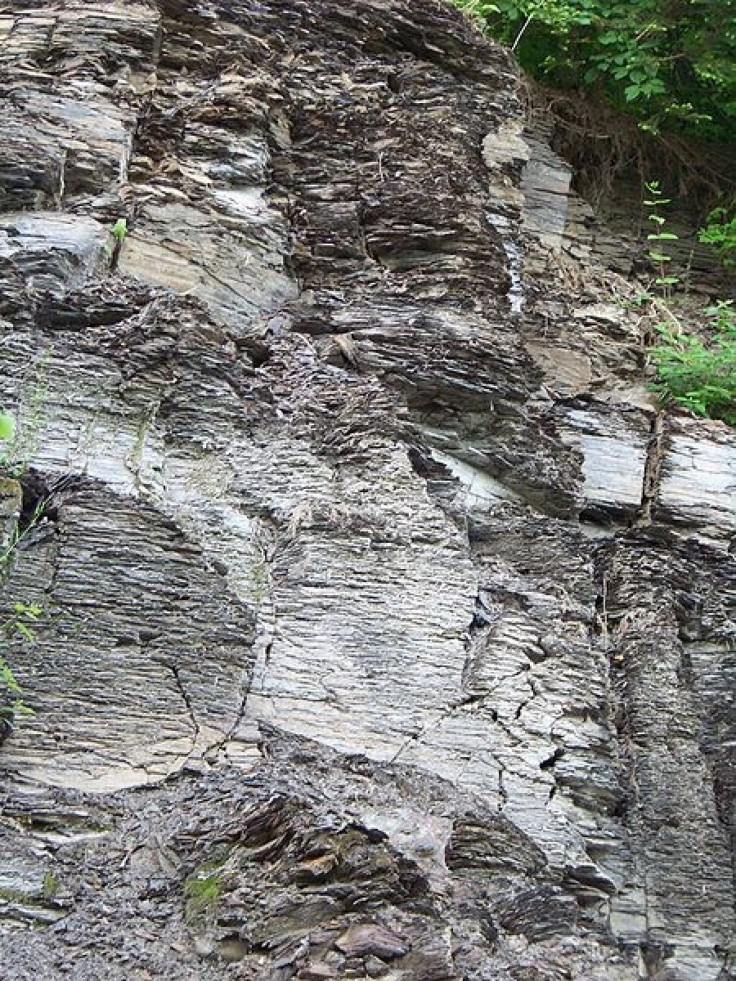Shale Gas Drilling to Account for Half of U.S. Natural Gas Output by 2030

Analysts are predicting that natural gas harvesting from shale deposits will constitute at least half of the country's natural gas production by 2030, according a report by online energy news service fuelfix.com.
The prediction comes at a time when the natural gas industry is facing increased pressure over its controversial hydraulic fracturing technique of mining natural gas from under ground.
This relatively new extraction method, which fractures underground rock formations using chemicals and pressurized water, has opened up large swaths of the country to potential exploration, with places like South Texas and parts of the Northeast particularly on the industry's radar.
Hydraulic fracturing's contribution to domestic natural gas production has soared in 10 years, and now accounts for 20 percent of the country's natural gas production, Deloitte analysts told fuelfix.com.
But with this increase also comes more scrutiny. The industry is currently facing a backlash that could hurt production in the future, according to the analysts.
In Ohio, local environmentalists are critical of their state's proposed natural gas drilling regulations, and demand more stringent rules. If passed, the State's law would be one of the toughest in the country, Bloomberg News reported Tuesday.
At the heart of the issue is what to do with and how to dispose of the fracturing water once it is pumped into the ground, and potential loopholes in disclosing what chemicals are used when fracturing rock.
This month saw the Pittsburgh city council in Pennsylvania vote to ban natural gas drilling in the city limits. Various protests against hydraulic fracturing have also taken place throughout the state, as well as in New Jersey and Delaware .
New York, by next year, could be joining the likes of Pennsylvania -- where hydraulic fracturing has been underway since 2008 -- when its Department of Environmental Conservation reviews public comments regarding the state's draft regulations for hydraulic fracturing. The state is hosting public meetings this month that will end Nov. 30.
© Copyright IBTimes 2024. All rights reserved.











